Do You Need a Visa for Japan? Here’s What You Should Know!
Planning a trip to Japan and unsure if you need a visa? This article breaks down everything you need to know, from visa exemptions to application procedures, ensuring a hassle-free travel experience to the Land of the Rising Sun.
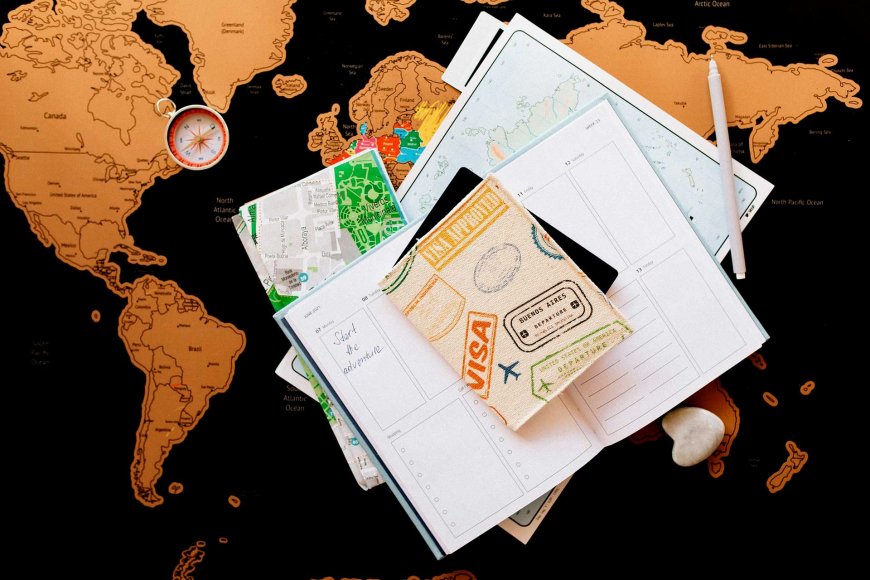
Understanding Japan's Visa Requirements: What You Need to Know Before You Go
Traveling to Japan is an exciting prospect for many people. Known for its rich culture, advanced technology, scenic landscapes, and mouth-watering cuisine, it attracts millions of tourists every year. However, one common question arises: "Do I need a visa to go to Japan?" The answer depends on several factors, including your nationality, the purpose of your visit, and how long you plan to stay.
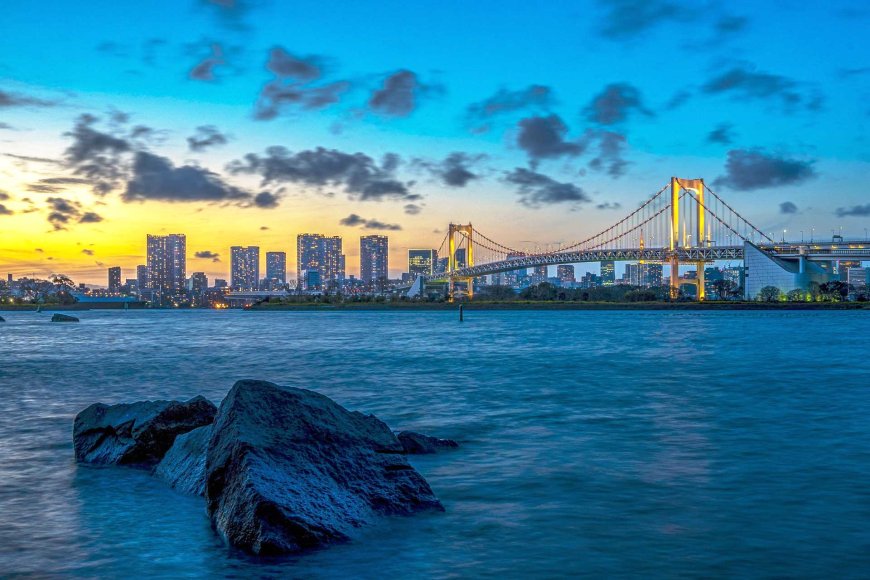
Visa Exemption: Who Doesn't Need a Visa?
Japan has visa exemption arrangements with certain countries and regions, allowing their citizens to visit without needing a visa for short stays. The standard period for visa-exempt visitors is typically up to 90 days as long as they aren't engaged in income-earning activities. Countries like the United States, Canada, most European Union countries, and several other nations are part of this visa exemption agreement.
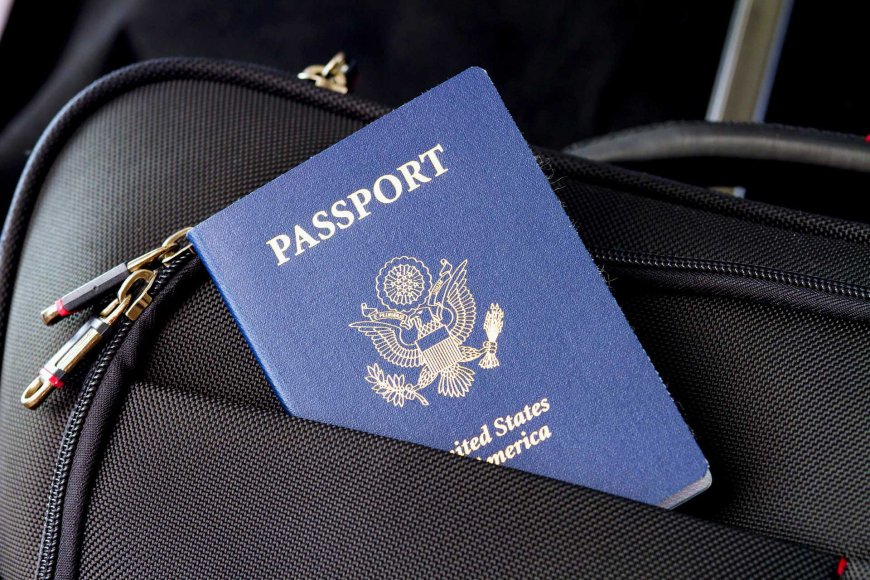
If you're a citizen of one of these countries, all you need is a valid passport, and you're good to go for a short-term stay. However, it's essential to note that even if you're from a visa-exempt country, you'll still need to adhere to Japanese customs and immigration procedures. You must have a return or onward ticket, sufficient funds for your stay, and be able to explain your travel plans if asked by immigration officials.
You can check the official list of visa-exempt countries by visiting the Japanese Ministry of Foreign Affairs website to confirm your eligibility.
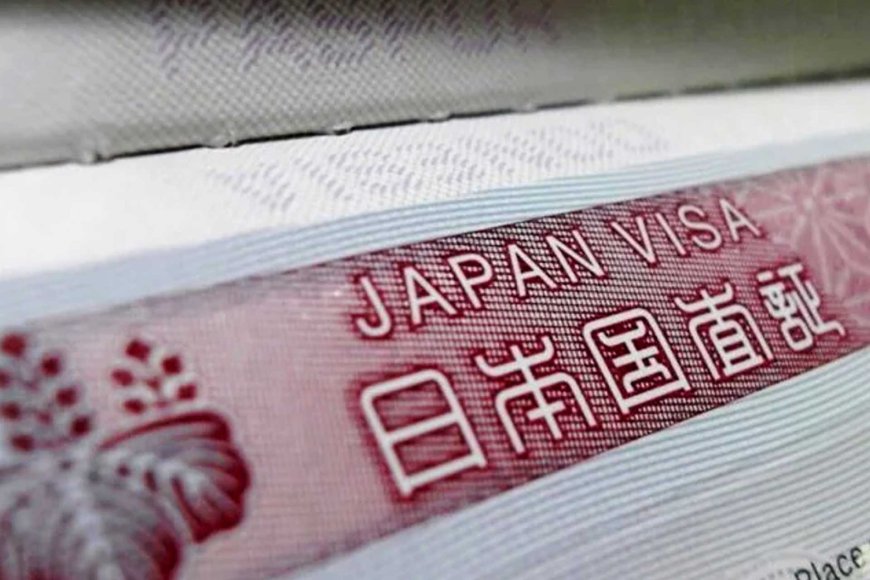
Inviting Someone to Japan: Required Procedures
If you plan to invite a foreign national to Japan for a short-term stay, such as relatives or friends, there are a few additional steps involved. A Letter of Invitation and a Schedule of Stay will need to be prepared. These documents outline the purpose of the visit and the planned activities during the stay.
For some countries like China, Russia, and certain CIS (Commonwealth of Independent States) countries, additional documents are required if you, as the host, are covering their travel expenses. In such cases, you'll need to submit a Letter of Guarantee along with proof of your financial capacity, such as your residence certificate and income documents. These requirements are designed to ensure that the visitor has adequate support during their stay and to prevent overstaying or illegal work.
For long-term stays (such as for work, study, or joining family), a Certificate of Eligibility (COE) must be obtained from the nearest Regional Immigration Services Bureau in Japan before the visa application process can begin.
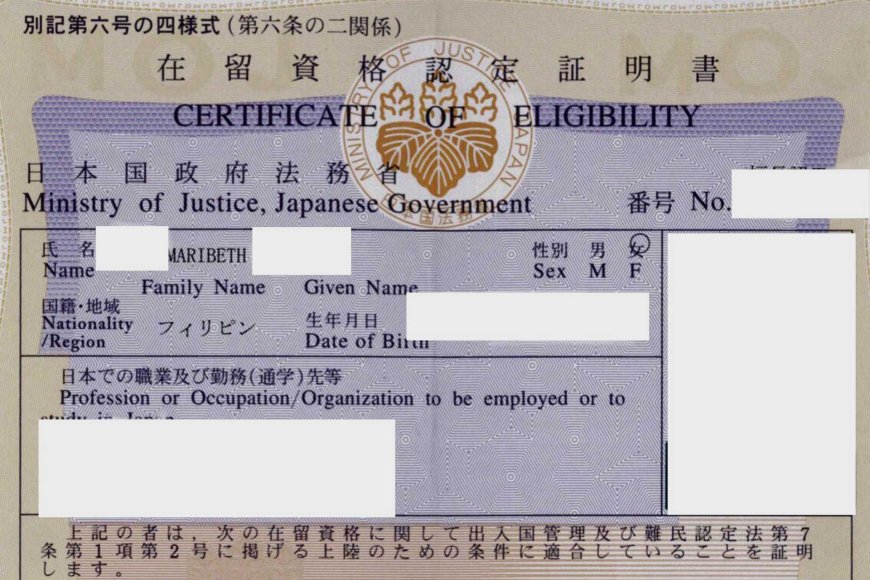
What Is the Certificate of Eligibility (COE)?
The Certificate of Eligibility (COE) is a document issued by the Japanese immigration authorities. It certifies that the visa applicant meets the qualifications for entry based on their intended activity in Japan. This could be for work, study, or family reunification.
Once issued, the COE should be sent to the visa applicant, who will then submit it along with their visa application to the Japanese embassy or consulate in their home country. Without the COE, the process for obtaining a long-term visa is much more complicated and time-consuming.
It’s important to note that as of March 2023, Japan allows applicants to receive the COE by email, which can be printed and used when applying for a visa. This streamlines the process and makes it easier to apply from abroad.
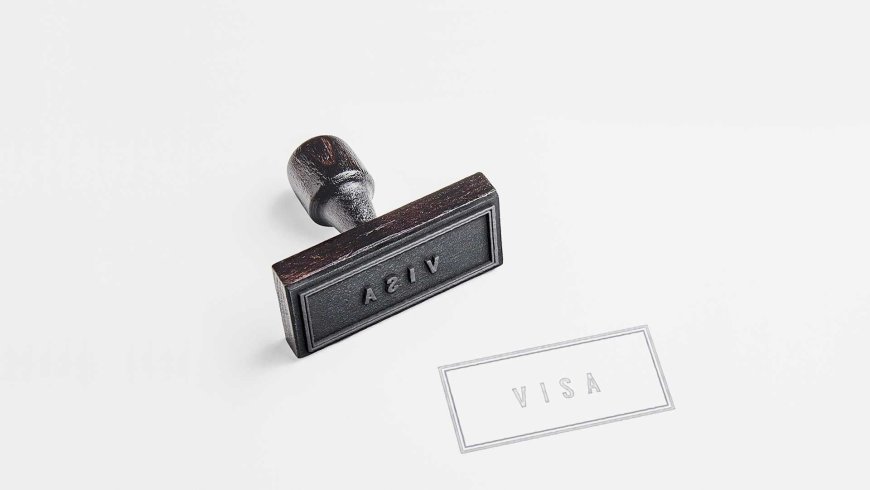
Visa Application Procedures: Multiple Options
When applying for a visa, there are several ways to submit your application, depending on your location and circumstances. The most common method is visiting the nearest Japanese Embassy or Consulate General in person. However, you can also use an accredited travel agency or apply online through the JAPAN eVISA website, where available.
It’s important to note that each embassy or consulate may have slightly different application procedures depending on the country or region, so checking the specific requirements beforehand is crucial.
You can also authorize a proxy to submit the application on your behalf if you cannot go to the consulate yourself. A Letter of Proxy must be provided in such cases, allowing someone else to handle the submission.
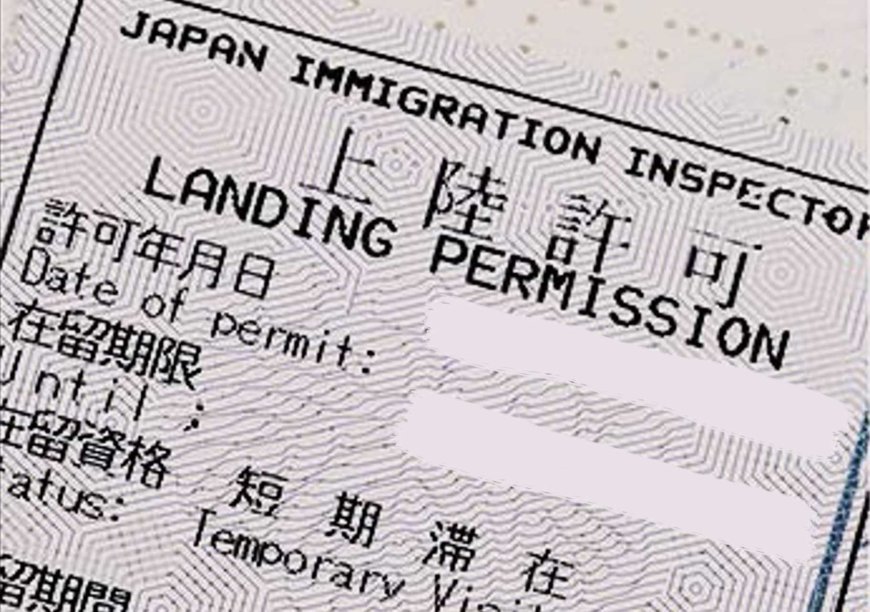
Common Reasons for Visa Rejections
One of the more frustrating experiences for any traveler is having their visa application rejected. Understanding why applications are turned down can help you avoid these pitfalls. Here are some common reasons for rejection:
- Incomplete Documentation – Missing or incorrect information in your visa application can result in immediate rejection.
- Applying Outside Your Home Country – Visa applications should generally be submitted in the applicant's country of birth or residence. Submitting an application while traveling in a foreign country is not usually allowed unless in exceptional circumstances.
- Errors in Your Passport – Insufficient validity or available space for the visa sticker can result in rejection.
- Previous Visa Rejections – If your application for a specific purpose was rejected previously, reapplying within six months without significant changes in your circumstances will likely result in another rejection.
It's also worth noting that possessing a Certificate of Eligibility does not guarantee visa approval. If discrepancies are found during the visa examination or the COE was based on incorrect information, your application could still be denied.

Application Timelines and Additional Documentation
On average, visa processing for Japan takes around five business days. However, it may take longer if additional documents are requested or if there are issues with your application. It's a good idea to apply well in advance of your intended travel dates, especially if you need a long-term visa or are traveling during a peak period.
If additional documents are requested, it’s important to submit them promptly. Failure to do so can delay the processing or result in the denial of your visa.

Essential Visa Tips for a Seamless Trip to Japan
Visiting Japan is an enriching experience, but it’s essential to ensure that you have the proper visa or know whether you're eligible for a visa exemption. Whether you're a tourist, inviting friends or family, or planning a long-term stay, understanding Japan's visa requirements and processes will help you navigate the journey smoothly.

Always check the latest visa information through official channels like the Japanese Ministry of Foreign Affairs to avoid any surprises during your application process. With the right preparation, your trip to Japan will go off without a hitch!
Find Cheap Flight Tickets to any Destinations in Japan and the Philippines
Nipino.com is committed to providing you with accurate and genuine content. Let us know your opinion by clicking HERE.































































